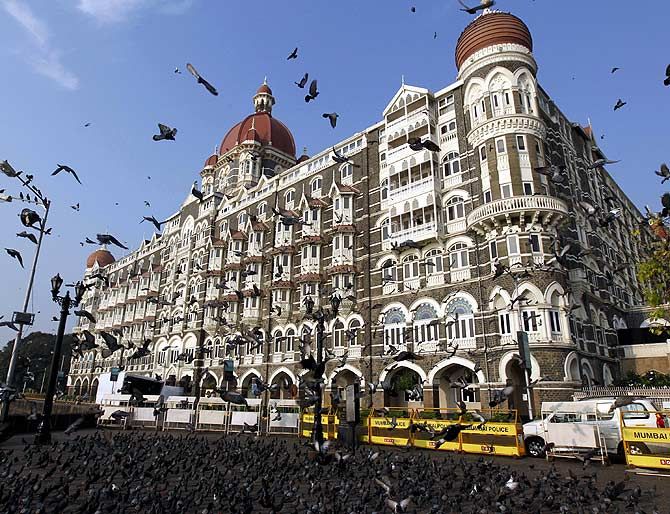The problem is to integrate the technology with a system of household level segregation so that waste does not end up in landfills, but is processed and reused, says Sunita Narain.
 We know that we have a serious garbage problem. But what is not so well known is that the problem is not to find the right technology for waste disposal.
We know that we have a serious garbage problem. But what is not so well known is that the problem is not to find the right technology for waste disposal.
The problem is to integrate the technology with a system of household level segregation so that waste does not end up in landfills, but is processed and reused.
What is clear is that there will be no value from waste, for energy or material, if it is not segregated. But this is where our waste management system stops very short.
It is the responsibility of the urban local body to ensure compliance with segregation of waste at source according to the Municipal Solid Waste (MSW) Rules 2015.
This means it must get citizens to segregate waste at the household and then ensure that this segregated waste - wet and dry, compostable and recyclable - is collected separately and then transported separately for processing.
The easier solution is to collect and dump. Or to believe that unsegregated waste can be burnt - it can be sorted out mechanically at the processing plant itself.
Officials of urban local bodies have been given to believe this is the magic bullet. Collect, sort and burn. But as experience across India (and from the rest of the world) shows, if waste is unsegregated then the quality of fuel made will be poor. This will not work.
So, municipalities must place segregation at source at the heart of their solid waste management system.
The only city that has truly adopted segregation is Panaji.
Municipal officials have ensured a citywide system that is designed to collect household waste on different days for different waste streams - this ensures separation is done.
It is combined with penalties for non-segregated waste and has promoted colony level processing as well.
Most importantly, for bulk commercial establishments - hotels and others - it has a bag marking system so that any non-compliance can be caught and fined.
In Kerala's Allepey, segregation happens differently. Here the municipality does not collect waste, because it has no place to transport it for disposal.
Its only landfill site has been sealed by villagers who live in its vicinity.
This withdrawal of the municipality in waste management has meant that people have to manage their waste - or be drowned in it.
They segregate and compost what they can. The compost is used for growing vegetables and plants in their homesteads.
The problem is how to handle all the non-biodegradable waste - paper, plastic, aluminum tins etc.
This is where the government has stepped in. It promotes the collection through the already well-organised informal waste-recycling sector.
The municipality has ended up saving a huge capital cost that it otherwise would employ for collection and transportation.
But this is one part of the waste solution. The other is to make sure there is no place for the unsegregated waste to go.
This means taking tough steps to manage landfills in cities. In fact, The MSW (draft) Rules 2015 accept that landfills should only be used for residual waste - "non-usable, non-recyclable, non-biodegradable, non-combustible and non-reactive waste".
It goes on to state that every effort will be made to recycle or reuse the rejects to achieve the desired objective of zero waste to landfill."
This is an important departure from previous policies, which ended up emphasising the need for sanitary landfills.
The question is how can this policy be enforced. Currently, all contracts for waste management awarded by city government's to private concessionaires have a perverse incentive to bring larger quantities of waste to the dumpsite.
These contracts are based on the contractor being paid against the volume of waste deposited in the site.
This 'tipping fee' as it is known means that the higher the volume brought the greater the financial reward.
Also city municipalities find that collection, transport and dumping waste is an easier proposition, than processing it for reuse.
To change this, what is needed is to impose a landfill tax - the contracts need to be re-designed so that instead of the municipality paying for the waste that is brought to the landfill, the contractor should be made to pay a tipping fee for the waste.
In this way, instead of being paid to bring waste to the landfill, the contractor or city municipality would have to pay a tipping fee to dispose the waste.
This will provide financial viability to the waste processing industry and also ensure that as little as possible reaches the landfill.
We need to turn the system of garbage management on its head. Only then will we really clean our cities - not just sweep the dirt under the carpet.
Sunita Narain is director general, Centre for Science and Environment.
Photograph: Reuters












 © 2025
© 2025